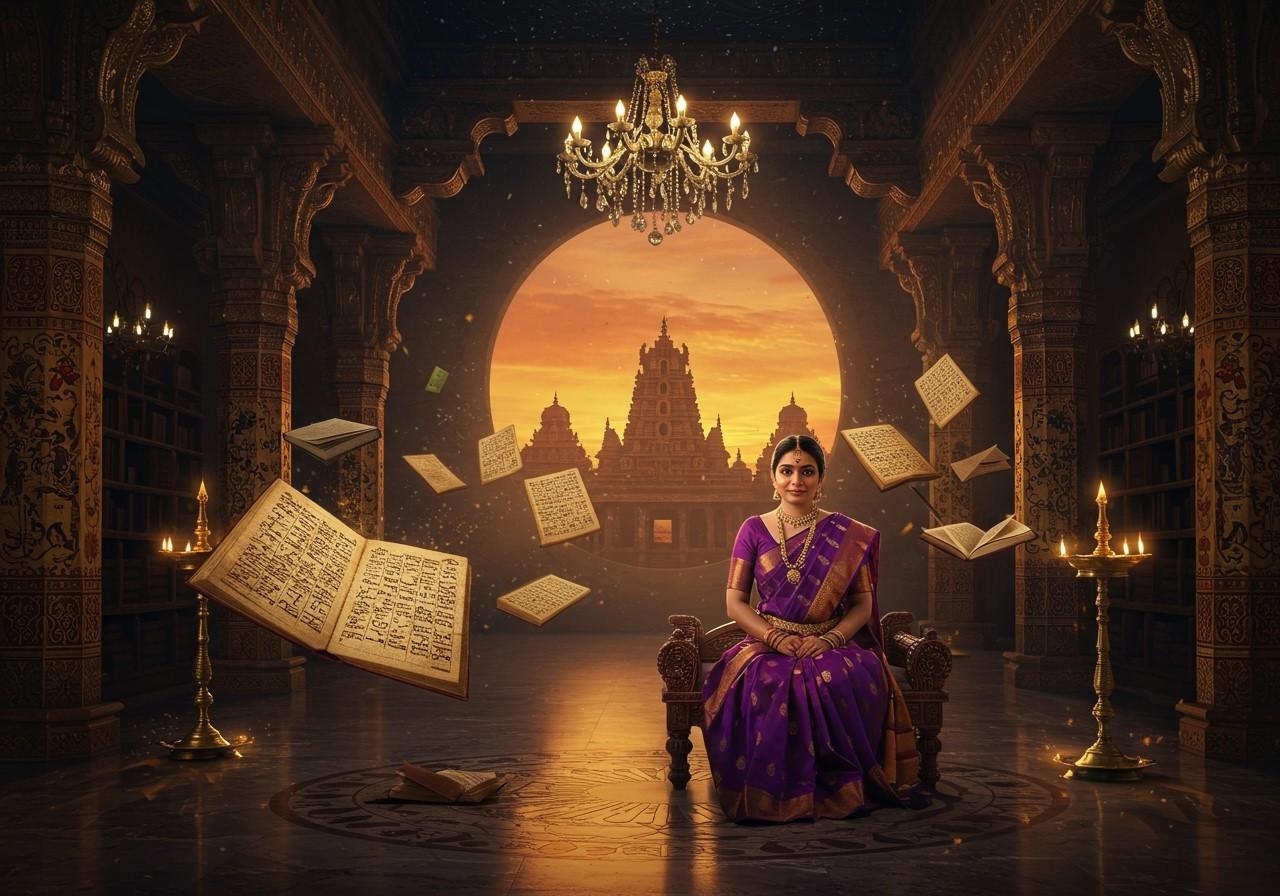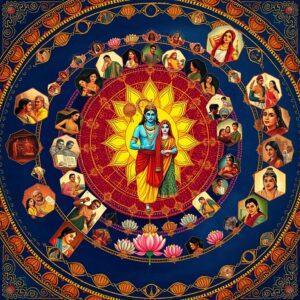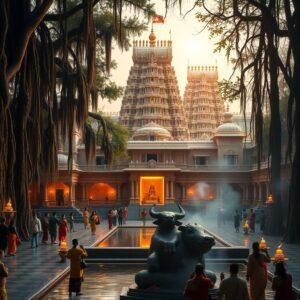
The Telugu language, a prominent member of the Dravidian language family, holds a rich cultural legacy. Spoken by millions across various regions, primarily in the states of Andhra Pradesh and Telangana, it has deeply influenced regional customs and traditions. Its literary history, spanning over a millennium, showcases a vibrant tapestry of poetic forms, epics, and modern prose.
Historical Evolution
Telugu’s roots trace back to the ancient Dravidian languages, with its development marked by significant periods like the classical era, the medieval period, and the modern age. Sanskrit and Prakrit have exerted considerable influence on Telugu vocabulary and grammatical structures. During the reigns of the Satavahanas, Kakatiyas, and the Vijayanagara Empire, Telugu served as a crucial language for administration and literary expression. The contributions of scholars and linguists throughout history have played a vital role in standardizing the language.
A Literary Overview
Telugu literature encompasses a vast spectrum, from ancient poetry to contemporary works. Its major forms include poetry, novels, short stories, and dramatic works. Early literary milestones include Nannaya’s translation of the Mahabharata in the 11th century, a pivotal moment in Telugu literary history. Classical poets like Annamacharya, known for his devotional compositions, Srinatha, and Pothana have left an indelible mark on Telugu literature. The advent of the printing press, coupled with the influence of English education and literature in the second half of the 19th century, ushered in the era of modern Telugu literature. Modern literary figures like Gurajada Apparao, Sri Sri, and Viswanatha Satyanarayana have significantly impacted the themes and styles of Telugu writing in different periods. Kandukuri Veeresalingam Panthulu is recognized as a pioneering figure in modern Telugu literature.
Literary Luminaries
Several prominent figures have shaped the course of Telugu literature across various eras. Early poets like Nannaya, Tikkana, and Errana played a crucial role in translating and adapting epic texts. Medieval poets such as Annamacharya, Pothana, and Srinatha enriched Telugu literature with their devotional and philosophical works. The rise of social realism in modern Telugu literature can be attributed to writers like Gurajada Apparao. Contemporary authors like Chalam, Ranganayakamma, and Yandamuri Veerendranath have explored diverse themes, contributing to the richness and complexity of modern Telugu writing.
Themes and Styles
Telugu literature is characterized by recurring themes and stylistic elements that reflect its historical and cultural context. Devotional themes, especially those related to Bhakti literature, are prominent in early Telugu poetry. Social and political changes have significantly influenced modern literature, leading to the exploration of themes like social reform and resistance against colonial rule. The stylistic evolution of Telugu literature has seen a shift from classical poetic forms to modern prose and drama. Literary devices like allegory, symbolism, and realism are frequently employed in Telugu storytelling. Folklore and regional cultural elements continue to shape the themes explored in Telugu literary works.
Cultural and Societal Impact
Telugu literature has profoundly influenced regional culture and societal norms. During the colonial period, literary works played a crucial role in promoting social reform and raising awareness about societal issues. Writers have actively contributed to the preservation and promotion of Telugu cultural heritage. Telugu literature has also had a significant impact on performing arts like classical dance and theater. It has fostered a strong sense of linguistic pride and identity among Telugu-speaking communities. Literary festivals and awards continue to play an important role in promoting and celebrating Telugu literature.
Contemporary Trends and Future Directions
Contemporary Telugu literature is characterized by new trends and developments. Digital literature and self-publishing are gaining increasing popularity. Young writers are experimenting with diverse themes and styles, pushing the boundaries of traditional literary forms. However, challenges such as declining readership and the need for language preservation in the digital age persist. Literary organizations are actively working to promote Telugu literature on a global platform. The future of Telugu literature lies in its ability to retain its cultural significance while adapting to modern trends and technologies.
Poojn.in: Supporting Telugu Cultural Heritage
Poojn.in takes pride in offering a wide range of products and resources that support Telugu cultural traditions. Our collection includes:
- Telugu Puja Items: We provide a variety of puja items with accurate Telugu names and descriptions, facilitating Telugu speakers in finding the necessary items for their religious practices.
Explore our collection of Shiva Lingams. - Religious Texts and Prayer Books: We offer a selection of religious texts and prayer books in Telugu script, including the Telugu Bhagavad Gita, Telugu Bhagavatam, Telugu Puja Vidhanam books, and Telugu Subhashitam collections. Find Telugu versions of sacred texts like the Bhagavad Gita and Bhagavatam at Poojn.in.
- Dedicated Telugu Language Section: Our website features a dedicated Telugu language section, enabling customers to easily browse and purchase products with Telugu descriptions. This helps preserve authentic terminology for ritual items like గుగ్గులు (Guggulu), కర్పూరం (Karpuram), కుంకుమ (Kumkum), and అగరబత్తి (Agarbatti).
Browse our selection of Guggulu, Karpuram, Kumkum, and Agarbatti. - Bilingual Product Descriptions: All product descriptions include both Telugu script and English transliterations, catering to a wider audience and ensuring clarity across generations.
- Telugu-Speaking Customer Support: Our customer support team includes Telugu-speaking representatives who can address specific queries about Telugu customs and appropriate puja materials.
[Note: Visit poojn.in for current product availability and pricing]
Conclusion
The Telugu language and its literature offer a captivating exploration of history, culture, and artistic expression. From the translations of epics by Nannaya and Tikkana to the modern works of contemporary authors, Telugu literature reflects the resilience and creativity of the Telugu-speaking community. Embracing this rich heritage allows us to appreciate the unique themes and styles that characterize Telugu literary works. As we move forward, preserving and promoting this invaluable cultural treasure remains essential for enriching future generations. Whether you are interested in exploring ancient poetry, delving into religious texts, or discovering modern prose, Telugu literature continues to inspire and influence, fostering a strong sense of pride and identity among its speakers.


